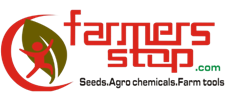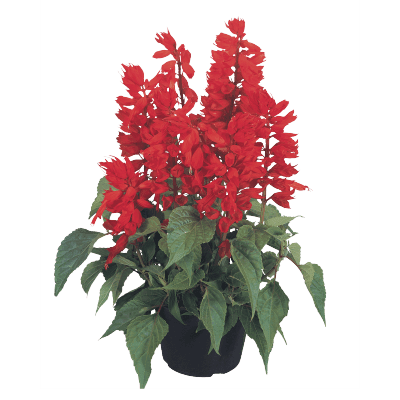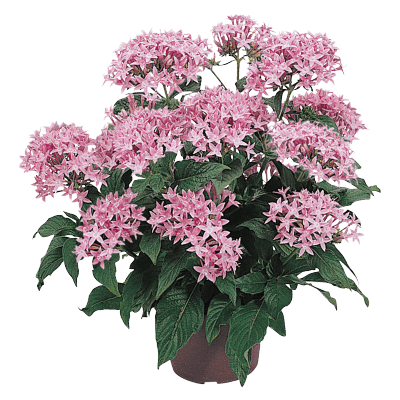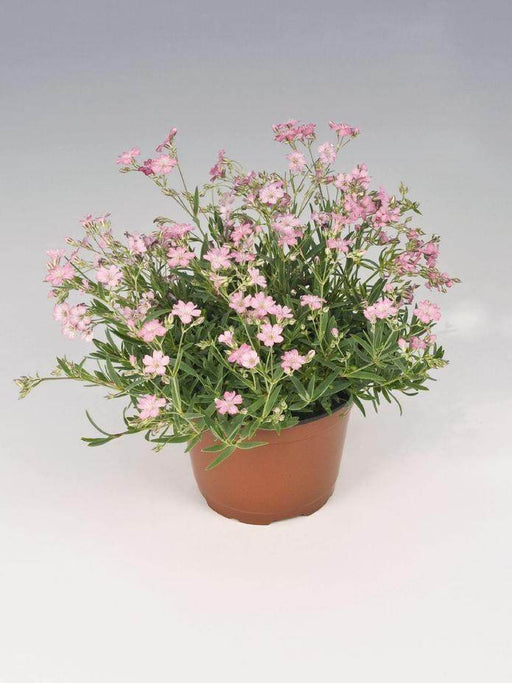
- Large, deeply lobed leaves with white wooly hairs, evergreen
- Interesting decorative item for floral arrangements
- Attractive group planting
Height10 ″ / 25 cm
Exposure Sun
Seed form Pelleted Seed
Uses Bedding, Landscape
Culture guide
Usage
Attractive ornamental leaf plant, plants for border, plants for graves, plants for autumn planting
Sow time
February-July
Sowing method
1 seed per plug
Germination
10-20 days at 72-75 °F (22-24 °C). Light is required for germination.
Growing on
Transplant plugs after 6-7 weeks. Grow on at 60-65 °F (15-18 °C). Keep foliage dry and avoid watering late in the day to reduce the risk of Alternaria.
Media
Use a well-drained, growing substrate with 20-30 % clay, 1-3 kg/m³ complete balanced fertilizer, iron-chelate, micronutrients, pH: 5.5-6.0.
Temperature
Grow at 10-18 °C. When the roots are developed, the temperature can be decreased slowly to 10-16 °C. In winter indoors frost free at 3-5 °C. In spring the plants start to grow at 10-18 °C. A chilling period (vernalization) is required for flower initiation. Senecio does tolerate moderate frost temperatures.
Fertilization
Moderate fertilization levels are required. Fertilize the crop weekly with 100-150 ppm nitrogen, using complete balanced fertilizer. Avoid high ammonium and high nitrogen levels. Very high nitrogen levels in substrate can cause shoot stretching and the shoots fall apart. Prevent magnesium deficiency by applying magnesium sulphate (0,025 %) 1-2 times and in case of iron deficiency (above pH 6.0) apply iron-chelate for 1-2 times.
Stage I Starts with the radicle breaking through the testa. The roots are touching the medium. Ends with fully developed cotyledons.
Stage II Starts from fully developed cotyledons. Ends with the fully developed true leaf or true leaf pair.
Stage III Starts from the fully developed true leaf or true leaf pair and ends with 80% of the young plants being marketable.
Stage IV All young plants are ready for sale and in the process of being hardened off. This stage lasts about 7 days.
The cultural recommendations are based on results from trials conducted under Central European conditions. Different conditions in other parts of the world may lead to deviations in results achieved.







